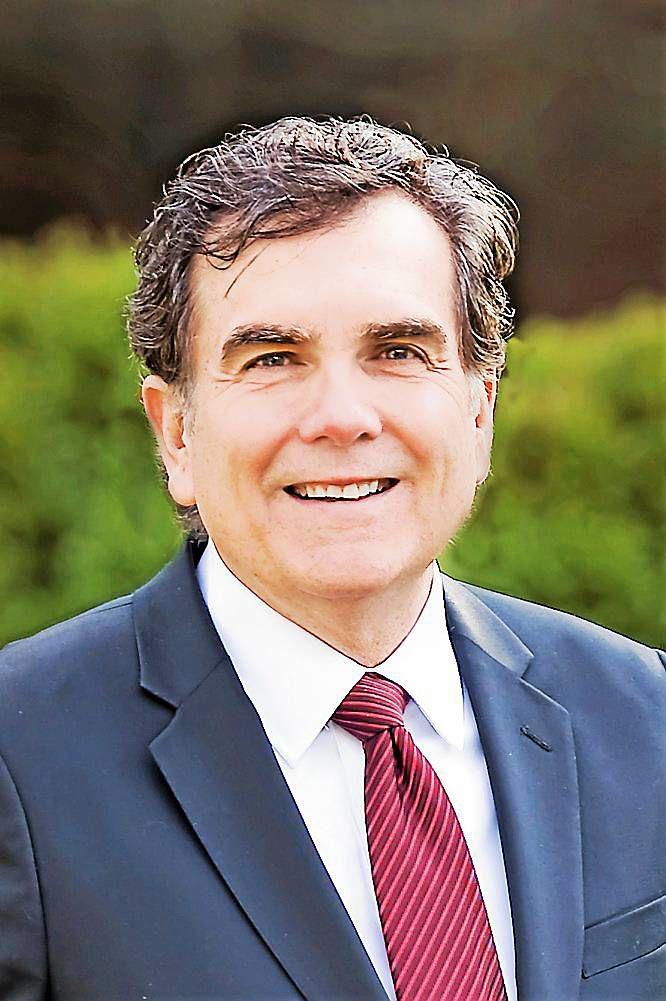URGENT UPDATE: Parents are facing a growing crisis as children increasingly express feelings of boredom, prompting experts like Dr. Randy Cale to call for a re-evaluation of how we perceive stillness and creativity. In the modern age, the pervasive need for constant stimulation is impacting both children and adults, leading to emotional challenges and a lack of self-generated joy.
Recent discussions reveal that many parents, overwhelmed by the phrase “I’m bored,” are struggling to manage their children’s expectations for entertainment. As one mother noted, “If I hear I’m bored one more time, I’m going to lose it.” This sentiment resonates widely as families grapple with the illusion that every moment must be filled with activity or distractions.
Research indicates that this dependency on external stimulation contributes to a decline in creativity and emotional resilience among children. Dr. Cale emphasizes that boredom is merely a construct, an uncomfortable feeling that arises when we are not engaged. He states, “Boredom isn’t a real problem. It’s an illusion we’ve invented.”
What’s at stake? The implications are significant: as parents habitually step in to fill the void, children miss out on opportunities to foster their own creativity and resilience. Dr. Cale proposes a radical shift: parents should refrain from immediately responding to complaints of boredom. Instead, he advises a calm response: “Okay. I’m sure you’ll figure something out.” This encourages children to engage with their own thoughts and creativity.
Next Steps: Parents are encouraged to embrace the discomfort of boredom themselves, stepping back to allow children to explore their environment without constant stimulation. Dr. Cale suggests replacing the word “bored” with phrases that foster curiosity and reflection. Questions like, “What could I hear that I’ve never really listened to before?” can redirect focus away from the need for constant engagement.
Moreover, neurofeedback specialists at Capital District Neurofeedback stress that both children and adults can benefit from techniques that promote calmness and restore the brain’s natural rhythm. This research-backed, drug-free approach is becoming increasingly popular among families looking for balance in a hyper-stimulated world.
Call to Action: As this conversation gains momentum, parents are urged to reassess their roles. Can we cultivate a generation that embraces quiet moments instead of fearing them? The challenge is clear: shift the narrative from seeking constant stimulation to appreciating stillness.
This urgent call for a cultural shift in attitudes towards boredom is critical as we navigate the complexities of modern parenting. The time to act is now. Families must engage in meaningful conversations about creativity, resilience, and the true nature of boredom.
Stay tuned for more updates on this evolving topic, as educators and mental health professionals continue to explore the implications of boredom in our fast-paced society.
